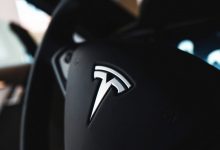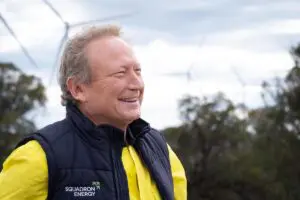Tesla has gained approval to use a no-cobalt lithium iron phosphate (LFP) battery in its China-made Model 3, and new estimates of the battery’s cost indicate it could help cut the vehicle’s price by 15-20 per cent, delivering a profit margin on the vehicle of 40 per cent.
Tesla CEO and co-founder Elon Musk said that Tesla would drop the price of the Model 3 it makes in Shanghai during the company’s first quarter 2020 earnings call in April in order to ensure local drivers would be able to access “new energy vehicle” subsidies, saying it would “still be a vehicle that delivers a good gross margin”.
At the time, Tesla chief financial officer Zachary Kirkhorn noted that Tesla would continue to work towards localising parts, saying that the cost of vehicles produced in Shanghai was “already lower” than the cost of producing the Model 3 in Fremont. “We’ll continue to bring the price down and …. expand margin even with this reduction in price,” Kirkhorn said.
Confirmation that Tesla received approval from the Chinese ministry of industry and technology to use the LFP battery came via Reuters on Thursday, although the ministry document did not make clear which company would be supplying the batteries.
The news that Tesla had gained approval to use LFP batteries in China came after reports that CATL’s LFP technology would see the cost of making packs come well under the $US100/kWh mark that industry analysts said would be needed to bring electric vehicle prices on par with fossil-fuelled vehicles.
Currently, the China-made Model 3 Standard Range Plus (SR+) costs 271,550 yuan after subsidies ($A56,111 converted) in China.
Now, Chinese industry analysts have reportedly estimated that a 15-20 per cent drop in cost to make the LFP battery would enable Tesla to sell the China-made Model 3 (SR+) for as little as 250,000 yuan, after subsidies ($A51,720 converted).
To read the full version of this story – and view the photo gallery – on RenewEconomy’s electric vehicle dedicated site, The Driven, click here…
RenewEconomy and its sister sites One Step Off The Grid and The Driven will continue to publish throughout the Covid-19 crisis, posting good news about technology and project development, and holding government, regulators and business to account. But as the conference market evaporates, and some advertisers pull in their budgets, readers can help by making a voluntary donation here to help ensure we can continue to offer the service free of charge and to as wide an audience as possible. Thankyou for your support.







